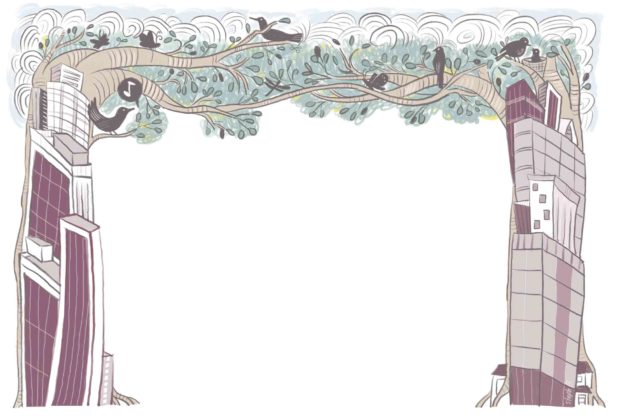Greener policies to combat climate change
As the country continues to bear the brunt of the damaging impact of climate change, it is only imperative to reassess existing policies on property construction and management.
Last week, the House of Representatives approved on the third and final reading House Bill No. 7373 or the Green Building Act, which will bolster the country’s efforts to enhance and preserve environmental quality.
The bill will require all applicants for building permits of residential, commercial, industrial and public building development projects to submit a tree planting plan (TPP) on top of the other requirements imposed by the local government units.
In the TPP, a ratio of at least one tree shall be planted for every 500 sqm for commercial or industrial projects, and one tree for every 250 sqm for housing development projects.
Other details included in the TPP are the total area of the project; the indicative layout of areas to be planted; species of trees to be planted; and the construction and proposed design of the project’s landscaping.
HB 7373 also encourages planting of indigenous species in consideration of the location’s topography and climate.
In 2015, the Philippine Green Building (GB) Code became a referral code to the National Building Code (Presidential Decree No. 1096) to promote sustainable building regulations and to reduce greenhouse gas emissions.
The GB concept aims to adopt resource management efficiency and site sustainability while minimizing the harmful effects of buildings on human health and the environment.
In particular, the GB Code sets minimum standards for compliance to ensure energy and water efficiency, material sustainability, solid waste management, site sustainability, and indoor environmental quality.
It shall be applied to hotels/resorts, schools, hospitals, business offices and mixed occupancy properties with required minimum total gross floor area of 10,000 sqm; 15,000 sqm for malls; and 20,000 sqm for condominium.
Proposed by the Department of Public Works and Highways (DPWH) in partnership with International Finance Corp. (IFC) of World Bank, the GB Code targets to reduce the country’s carbon emissions by 70 percent in 2030.
Sources: House Bill No. 7373, Philippine Green Building Code and congress.gov.ph
